Dec 12, 2004-2004
Egypt
Kefaya’s First Protest Action
Share
ACTIVISTS/ACT.GROUPS/DESCRIPTION OF THE GROUP
Kefaya group, students, nationalists, leftists
TARGET
President Hosni Mubarak regime
WIDELY HELD BELIEF
Dictatorial governments should be removed and democracy should be restored.
CASE NARRATIVE
Issue and Opponent: By 2000, President Hosni Mubarak had ruled Egypt for 19 years with no intention to cede power. For decades, Egypt had notoriously been an undemocratic state. Mubarak continued his rule without fair elections. Knowing he needed to keep the people’s favor, Mubarak began to allow public street demonstrations in 2000, when students, activists, and nationalists demonstrated in the universities and schools across Egypt in solidarity with Palestinians (during the Israeli-Palestinian conflict). After being able to demonstrate with little resistance from the government, the activists wanted to see how far the government would allow them to take this. They soon began to include anti-regime rhetoric in their protests. At this time, they did not explicitly protest against President Mubarak. In the Arabic world, kefaya means “enough.” In the early 2000s, during this time of demonstration and protest, the Kefaya Revolution had not begun. However, this push for negotiation with the government in 2000 became the catalyst for the five separate Kefaya movements to come together.
Dilemma Action: On December 12, 2004, Kefaya organized its first official action against Mubarak and his regime. 300 Kefaya members gathered in front of the High Court Building in downtown Cairo. They placed tape on their mouths and wrote the word ‘Kefaya’ across it. They held banners reading: “Kefaya: No Extension of Mubarak’s Fourth Term in Office, No to Mubarak’s Succession by His Son.” This protest was one of the first outspoken political messages against Mubarak. It gained immediate public support and attention from the media. This action represented that Egyptians would no longer be silenced by Mubarak’s corruption.
Outcomes: This action attracted broad public support and international media attention, and kick-started the Kefaya campaign to oust President Hosni Mubarak. It was successful because it changed the narrative, reduced fear, and encouraged public support. This also led activists to think strategically about their tactics and the locations of their protests to attract the most attention. However, Mubarak was reelected to his fifth term on September 27, 2005. Kefaya’s voice and influence declined after the reelection. This protest was part of a larger campaign calling for democracy and reform in Egypt and the resignation of President Mubarak.
PRIMARY STRUGGLE/GOAL
NONVIOLENT TACTICS USED
DA TACTICS USED
Assemblies of protest or support
CASE NARRATIVE WRITER
SUCCESS METRICS
9 / 12
(EREP) Dilemma action got replicated by other movements
(MC) Media Coverage
(MSYMP) Media coverage was sympathetic to the activists
(OR) Opponent response
(PS) Dilemma action built sympathy with the public
(PUN) Punishment favored the activists
(REFR) Dilemma action reframed the narrative of the opponent
(RF) Dilemma action reduced fear and/or apathy among the activists
(SA) Dilemma action appealed to a broad segment of the public
PART OF A LARGER CAMPAIGN
3 / 3
Activist group continued working together after the action
Encouraged more participants to join the movement
Internally replicated by the same movement
RESOURCES
Project documentation
Dilemma Actions Coding Guidebook
Case study documentation
Dilemma_Actions_Analysis_Dataset
SOURCES
Oweidat, Nadia et. al. 2008. “The Kefaya Movement: A Case Study of a Grassroots Reform Initiative,” NATIONAL DEFENSE RESEARCH INSTITUTE. Retrieved July 22, 2023. (https://www.rand.org/content/dam/rand/pubs/monographs/2008/RAND_MG778.pdf).
Rubin, Lawrence P. 2011. “Islam, Domestic Politics and International Relations.” International Studies Review, Retrieved July 22, 2023. (www.jstor.org/stable/23016150).
Bisgaard-Church, Elliana. 2011. “Kefaya protests Mubarak’s referendum and re-election, Egypt, 2005,” Global Nonviolent Action Database, August 10. Retrieved July 22, 2023. (https://nvdatabase.swarthmore.edu/content/kefaya-protests-mubaraks-referendum-and-re-election-egypt-2005).
www.jstor.org/stable/10.7249/j.ctt4cgd90.10. Accessed April 15, 2022.
Soudias, D. 2000. “Negotiating Space. The Evolution of the Egyptian Street, 2000-2011,” Cairo Papers. Retrieved July 22, 2023.
Shorbagy, Manar. 2007. “UNDERSTANDING KEFAYA: THE NEW POLITICS IN EGYPT,” Arab Studies Quarterly, Retrieved July 22, 2023. (http://www.jstor.org/stable/41859016).
Stacher, J. A. 2001. “A DEMOCRACY WITH FANGS AND CLAWS AND ITS EFFECTS ON EGYPTIAN POLITICAL CULTURE,” Arab Studies Quarterly, Retrieved July 22, 2023. (https://link.gale.com/apps/doc/A78804227/GIC?u=psucic&sid=bookmark-GIC&xid=89a43845).
Related cases
Sep 28, 2022-2022
Iran
On September 13, 2022, Mahsa Amini, a young Kurdish woman was detained by the Iranian morality police for “inappropriate attire”. Witnesses reported that Amini was bea...
/
Nov 1, 2020-2020
United Kingdom
This project emerged in response to HSBC’s announcement that it would aim to reduce its carbon emissions to zero by 2050, with activists claiming that this targe...
/
Oct 2, 1990-1990
Ukraine
The issue at hand was the continued control of Ukraine by the Ukrainian SSR, part of the Soviet Union. The student union was unhappy with the election results that gav...
/
Subscribe to our newsletters to get full access to all materials on our website.

